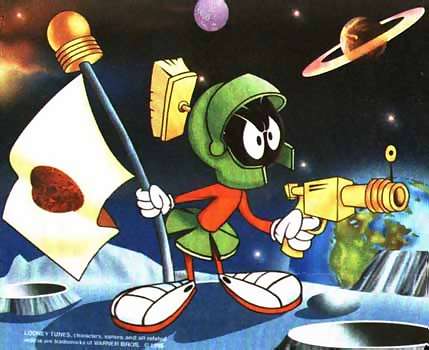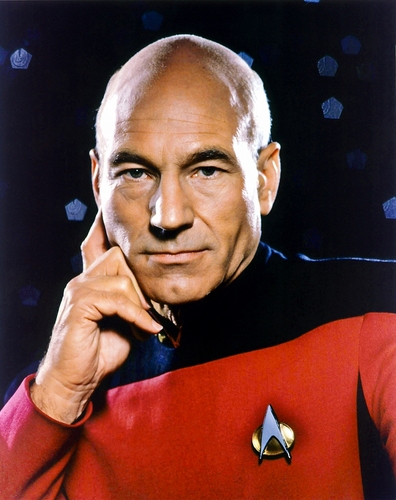 On this day 237 years ago a midst the heat of a Philadelphia summer, the Continental Congress officially adopted Thomas Jefferson’s beautifully crafted words and Declared Independence from King George and Britain. Americans have celebrated that day ever since as our Independence Day. While it has become a day of outdoor fun and family get-togethers, hot dogs, beer, burgers, parades, and fireworks, its meaning has not been completely lost, but its not at the forefront of our minds, either. So, I wanted to take a moment to briefly consider what July 4th means to me.
On this day 237 years ago a midst the heat of a Philadelphia summer, the Continental Congress officially adopted Thomas Jefferson’s beautifully crafted words and Declared Independence from King George and Britain. Americans have celebrated that day ever since as our Independence Day. While it has become a day of outdoor fun and family get-togethers, hot dogs, beer, burgers, parades, and fireworks, its meaning has not been completely lost, but its not at the forefront of our minds, either. So, I wanted to take a moment to briefly consider what July 4th means to me.
As a Libertarian who is anything but happy with the current state of politics, government intrusion, lost liberty, and an ever more powerful central government, I want to cast aside that mask necessarily painted with cynicism for a moment. After all, cynicism is not actually my dominant disposition, despite assumptions people make of me. Neither am I a Pollyanna. I think I tend to see the world as both glass half full and half empty, but overall my I see myself as a realistic idealist, if that can be a thing. At heart, on a macro level, I’m an optimist.
And, I’m glad I’m alive at this time in history, and live in the United States of America.
There are real problems in the country today, and in the world, some of them are seemingly unsolvable, but I understand that my life today would no doubt be far from the relatively easy and joyful life it is without the foresight, wisdom, guile, and courage of American Patriots living in the late 1700’s, many of whom died on a battlefield before their goal had been achieved, and was far from certain. In an age when it was undisputed that men should be ruled by oligarchies, those Patriots dared to try a radical experiment.

Signing of the Declaration of Independence
They renounced loyalty to their inept King after he refused their right to have a voice in their governance, and said, we can not only do this better, but we’ll do it without a supreme, single ruler. We’ll do this together. We’ll give power to all citizens, and we’ll restrict and monitor power from our heads of state. We’ll fight to the death to prove that individuals, not some fat and detached man who never earned anything he had been given living thousands of miles away, are best suited to determine what’s best for them. Not anyone else. They dared to decry that noblemen and monarchs are not imbued with divine powers, nor are they better than their subjects, but that “all men are created equal, that they are endowed by their Creator with certain unalienable Rights, that among these are Life, Liberty and the pursuit of Happiness.”
This World is On Fire
The Americans who took up arms against their King under penalty and strong risk of death, risking wealth, reputation, honor, and livelihoods to carve out a piece of the world devoted to treating human beings as equals, deserve our respect and admiration. They were imperfect, flawed people. Although they eloquently clarified a vision of human lives lived with freedom, they were not always (or often) able to live up to their own rhetoric. They allowed the shameful institution of slavery to exist in stark contradiction to their ideals, to be determined through much bloodshed nearly a century later. Yet they did something that had never been done on such a scale in the history of mankind: They set the world on fire with dreams of liberty and self-determination.  They showed that the pursuit of individual endeavors is worth fighting for, and achievable. Despite all of our flaws as a nation, Americans and all citizens of the world who enjoy the benefits of democracy, civil rights, and self-rule, owe a great debt to these brave souls – from soldiers, to statesmen, to farmers, to merchants, to writers, and ordinary citizens who supported the crazy dream — who risked it all 237 years ago.
They showed that the pursuit of individual endeavors is worth fighting for, and achievable. Despite all of our flaws as a nation, Americans and all citizens of the world who enjoy the benefits of democracy, civil rights, and self-rule, owe a great debt to these brave souls – from soldiers, to statesmen, to farmers, to merchants, to writers, and ordinary citizens who supported the crazy dream — who risked it all 237 years ago.
And for all our bumps in the road, all our mis-steps — many of them appallingly huge — it is an astonishing thing, this American Experiment. This week in Egypt, a coup ousted its president just two short years after the Arab Spring and that country’s institution of a new democratic government. It’s truly amazing that I sit here 237 years after my nation’s founding, free to openly criticize the rhetoric of its 44th President, who like all those before him were elected peacefully. More astonishingly, all those before him left office freely upon the end of their terms, of their own accord, and in peace. To an American, the word coup sounds exotic, and primitive. We’ve never faced such a scenario. For all its hiccups and imperfections, this American Dream is an awe-inspiring thing to be a small part of. I feel so fortunate to be alive and on this piece of dirt at this time in the history of the Earth. As thanks, I promise to do my best to advance the causes of liberty and individual happiness in honor of all of those men and women through the ages who made this amazing existence possible for the rest of my life. And I promise not to allow comfort to lull me into accepting anything less than that perfect dream of individual liberty and happiness.
Cheers,
PersephoneK











